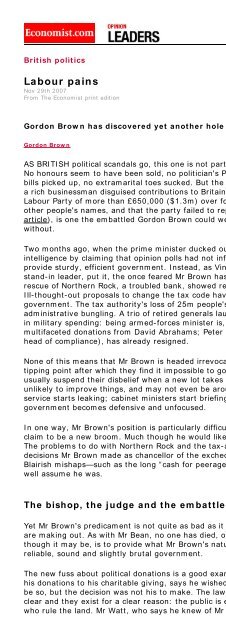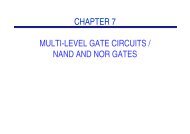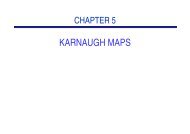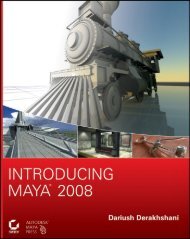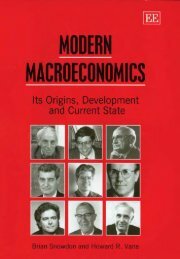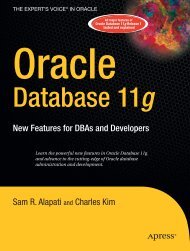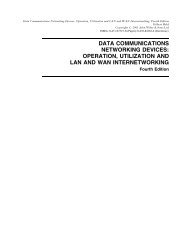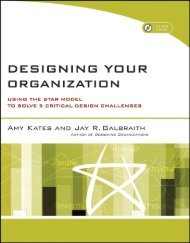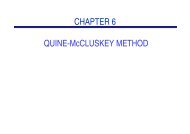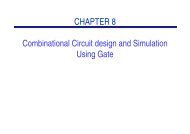The Economist December 1st 2007 - Online Public Access Catalog
The Economist December 1st 2007 - Online Public Access Catalog
The Economist December 1st 2007 - Online Public Access Catalog
- No tags were found...
You also want an ePaper? Increase the reach of your titles
YUMPU automatically turns print PDFs into web optimized ePapers that Google loves.
British politicsLabour painsNov 29th <strong>2007</strong>From <strong>The</strong> <strong>Economist</strong> print editionGordon Brown has discovered yet another hole to fall into; his way out of it remains the sameGordon BrownAS BRITISH political scandals go, this one is not particularly juicy.No honours seem to have been sold, no politician's Parisian hotelbills picked up, no extramarital toes sucked. But the revelation thata rich businessman disguised contributions to Britain's governingLabour Party of more than £650,000 ($1.3m) over four years underother people's names, and that the party failed to report it (seearticle), is one the embattled Gordon Brown could well have donewithout.Two months ago, when the prime minister ducked out of calling an election, stupidly insulting Britons'intelligence by claiming that opinion polls had not influenced this decision, the hope was that he wouldprovide sturdy, efficient government. Instead, as Vince Cable, the Liberal Democrats' increasingly wittystand-in leader, put it, the once feared Mr Brown has gone from Stalin to Mr Bean. <strong>The</strong> cackhandedrescue of Northern Rock, a troubled bank, showed regulatory weakness and poor judgment under fire.Ill-thought-out proposals to change the tax code have drawn business groups together against thegovernment. <strong>The</strong> tax authority's loss of 25m people's personal details revealed unimaginableadministrative bungling. A trio of retired generals launched a mutiny in the Lords, protesting against cutsin military spending: being armed-forces minister is, they claimed, a part-time job. Now there are themultifaceted donations from David Abrahams; Peter Watt, Labour's general secretary (and its previoushead of compliance), has already resigned.None of this means that Mr Brown is headed irrevocably for the exit. Yet governments can reach atipping point after which they find it impossible to govern. People neither like nor trust politicians, butusually suspend their disbelief when a new lot takes over. Once it seems clear that a prime minister isunlikely to improve things, and may not even be around for long, that suspension is over: the civilservice starts leaking; cabinet ministers start briefing; the press looks for bad-news stories; andgovernment becomes defensive and unfocused.In one way, Mr Brown's position is particularly difficult, because unlike other political leaders he cannotclaim to be a new broom. Much though he would like to disown Tony Blair, he was his senior lieutenant.<strong>The</strong> problems to do with Northern Rock and the tax-authority records, for instance, are linked todecisions Mr Brown made as chancellor of the exchequer. And even when he was not directly involved inBlairish mishaps—such as the long “cash for peerages” inquiry into political-party funding—voters maywell assume he was.<strong>The</strong> bishop, the judge and the embattled prime ministerYet Mr Brown's predicament is not quite as bad as it looks. <strong>The</strong> gaffes are not as appalling as the Toriesare making out. As with Mr Bean, no one has died, or been swindled outright. And the remedy, painfulthough it may be, is to provide what Mr Brown's natural Stalinist tendencies have always promised:reliable, sound and slightly brutal government.<strong>The</strong> new fuss about political donations is a good example. <strong>The</strong> Garboesque Mr Abrahams, who compareshis donations to his charitable giving, says he wished no public recognition for his benevolence. That maybe so, but the decision was not his to make. <strong>The</strong> laws against anonymity for big political contributors areclear and they exist for a clear reason: the public is entitled to know who may be buying access to thosewho rule the land. Mr Watt, who says he knew of Mr Abrahams's arrangement but not that it was illegal,


